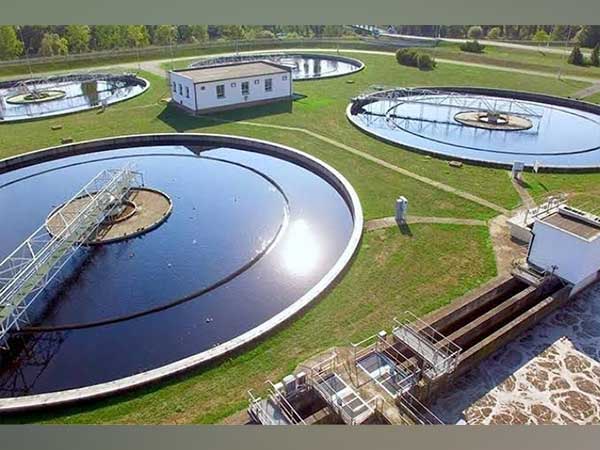
Canada selecting place for nuclear waste storage
Dec 28, 2023
Ottawa [Canada], December 28: Canada is searching for a place to store its stockpile of spent nuclear fuel with two communities set to vote on whether to approve the waste site, CTV News reported Wednesday.
Two communities in the Wabigoon Lake Ojibway Nation-Ignace area in northwestern Ontario and the Saugeen Ojibway Nation-South Bruce area in southern Ontario will vote in late 2024 to decide if to host this potential 26 billion Canadian dollar (20 billion U.S. dollar) nuclear waste storage project, the report said.
They are the two remaining options out of more than a dozen other locations that have been screened out or withdrawn, CTV News reported.
For more than 50 years, nuclear power reactors in Ontario, Quebec and New Brunswick have been producing electricity and the country has amassed a stock of 3.2 million bundles of used fuel, the report said, citing data from the Nuclear Waste Management Organization (NWMO), which was created in 2002 to develop solutions for managing used nuclear fuel.
According to the NWMO, the spent fuel is sitting inside seven licensed facilities near nuclear power stations in Ontario, Quebec and New Brunswick, and in one laboratory in Manitoba.
"Today's method is safe, but temporary," the NWMO was quoted in the report. "It requires ongoing maintenance and management, which isn't sustainable over the very long period."
Developers are looking to store the spent fuel deep underground. The facility would sit more than 500 metres below the surface. Once it's buried, the NWMO plans to continuously monitor the used nuclear fuel. It is also developing a way to move the used fuel from the existing storage to the new site, CTV News reported.
Used nuclear fuel is most radioactive immediately after it's removed from a reactor. Most of that radioactivity decays after 10 years of cooling at a reactor site. While the hazard continues to diminish over time, for practical purposes, used nuclear fuel remains hazardous, essentially indefinitely. Excessive exposure to a certain kind of radiation can damage living tissue and lead to uncontrolled growth of cells such as cancer or other serious health effects, according to the NWMO.
Source: Xinhua









